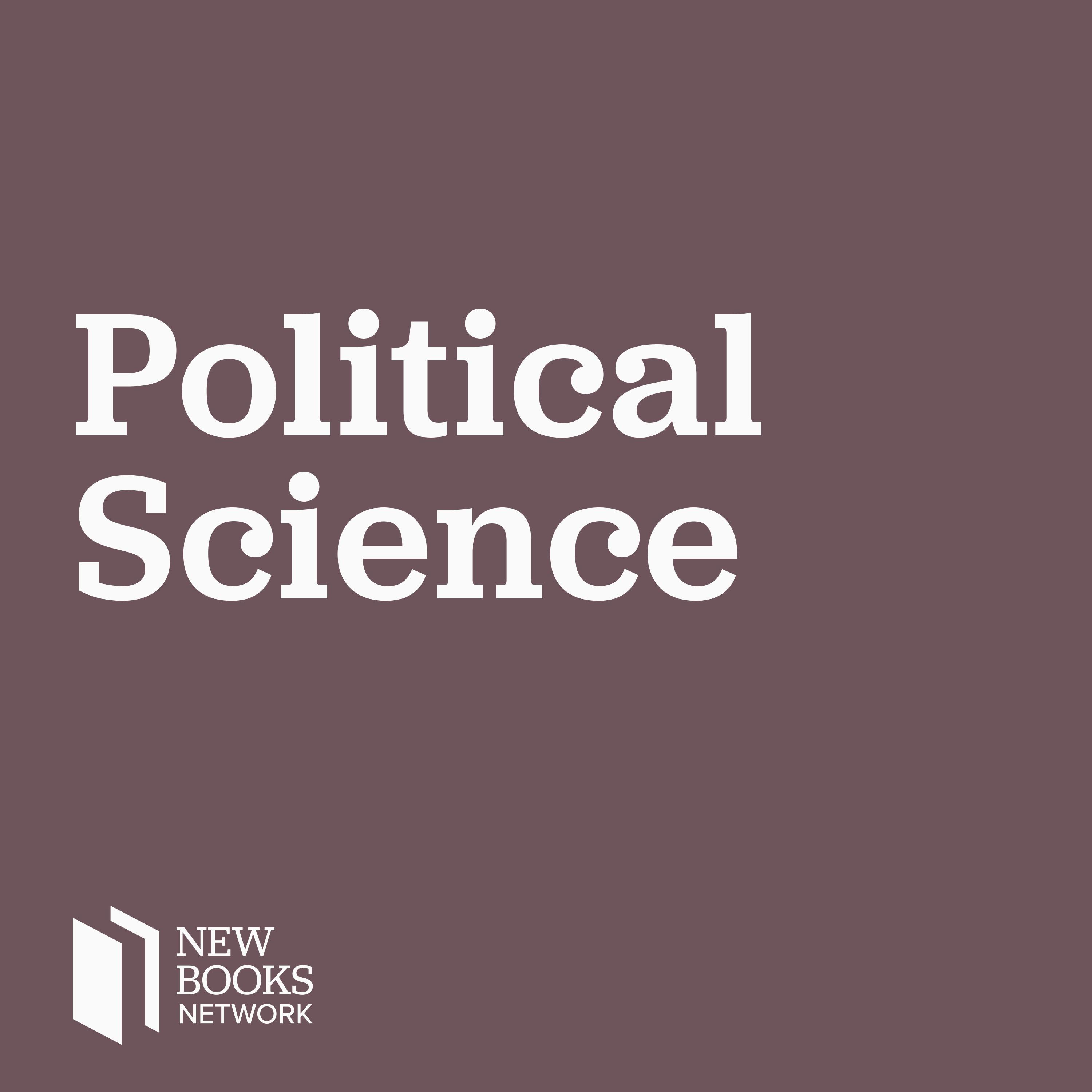
Alison L. Gash and Daniel J. Tichenor, "Democracy's Child: Young People and the Politics of Control, Leverage, and Agency" (Oxford UP, 2022)

New Books in Political Science
Shownotes Transcript
Political Scientists Alison Gash and Dan Tichenor have a new book, Democracy's Child: Young People and the Politics of Control, Leverage, and Agency)* *(Oxford UP, 2022), that centers children and young people within the study of democratic politics, filling in a bit of a gap in the literature, especially in political science literature. Gash and Tichenor note in their research that young people are central in so many policy areas but are often not integrated into the policy discussions or applications. As sketched out in Democracy’s Child, young people are often leveraged within our politics and our political discourse. They have been used as symbols and positioned as in need of protection—or at least some of them have been presented as being in need of protection. Tichenor and Gash dive into the idea of childhood itself, which is a more recent concept—developing over the past 150 years—and how this contextualization of young people is a significant point of political conflict. It is difficult to clearly define “young people”—since this may include children, youth, young adults, teenagers, or some constellation of each of these categories. So, while Gash and Tichenor center their research on young people, they note that who is encompassed within that term often shifts and changes depending on the political issue or policy debate.
Democracy’s Child dives into three specific areas to examine the role, place, and capacity of young people. These three areas are control, leverage, and agency, as noted in the subtitle of the book itself. Control, which guides the reader through the first section of the book, explores the autonomy of young people, or the ways in which they are managed and controlled by policy, by the state, and by adults in context of policy. This section examines differing theories about young people and how autonomous or constrained they are based on different policies and political demands. The next part of the book focuses on how policies often leverage young people to reach specific outcomes. Thus, in this context, young people are often used by competing groups or policy makers to drive towards particular outcomes. The final section looks at agency, specifically how young people have advocated for outcomes on their own, or at odds with those who are working towards separate outcomes but in the name of young people.
This is a fascinating study of democratic politics, policy, and an entire group of people who are both the center of political and policy outcomes and are often seen as such but rarely actually integrated into the dialogue and discussion.
Lilly J. Goren)* is a professor of political science at Carroll University in Waukesha, WI. She is co-editor of The Politics of the Marvel Cinematic Universe) (University Press of Kansas, 2022), as well as co-editor of the award winning book, Women and the White House: Gender, Popular Culture, and Presidential Politics) (University Press of Kentucky, 2012), Email her comments at [email protected] or tweet to* @gorenlj).
Learn more about your ad choices. Visit megaphone.fm/adchoices)
Support our show by becoming a premium member! https://newbooksnetwork.supportingcast.fm/political-science)